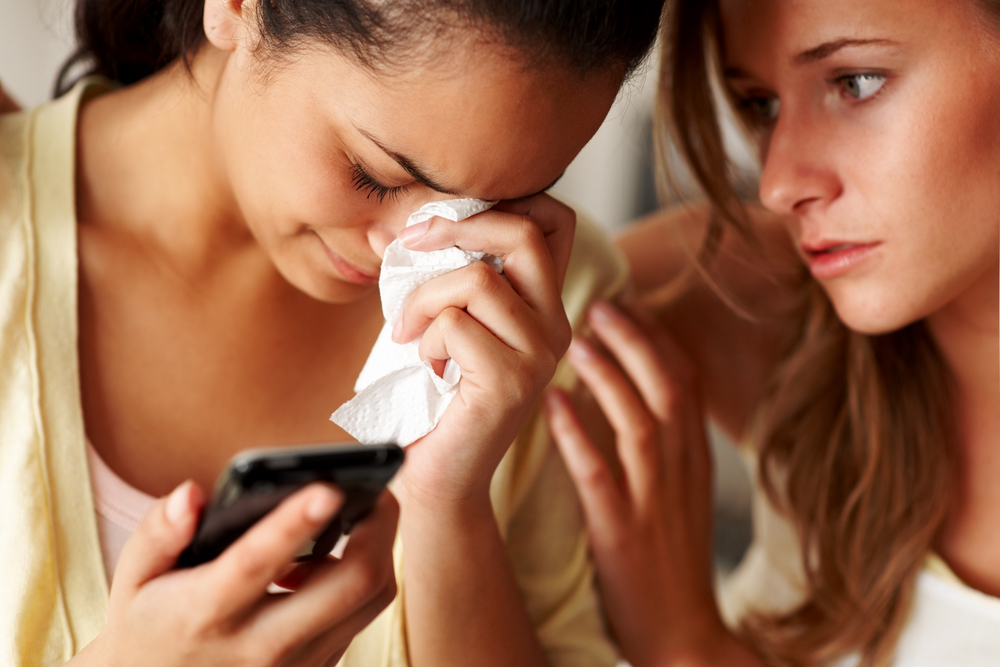Teens and young adults love to post moments from their daily lives on Instagram, Twitter, and Snapchat, and a few even still use Facebook, though for most that’s something us old folks like to tinker with. But parents and many family psychologists wonder whether posting a teen’s best, most glamorous moments, and most perfectly filtered portraits only serves to foster a culture of unhealthy competition and superficiality. Recently, Sarah Lieberman joined me on the Fox 4 Morning Show to discuss her generation’s love of social media and how it can pose both a problem and a teachable moment. Sarah is a Lawrence [Kansas] Free State High School graduate, a junior at Cornell University, and coauthor of our book Consent-Based Sex Education, forthcoming this fall (we really really hope). She’s also an intern (Summer 2017) for Rachel Maddow.
My dad loved photography. He shot rolls and rolls of film. I have thousands of his slides now in storage, awaiting a time when I can send them in to be processed into digital images. In that day and age, he did the best he could with a Kodak Retina and later a Canon AE-1. The cost of film was so high that he didn’t switch to Kodachrome until the early 1970s. Even then, he couldn’t afford to shoot and shoot and shoot and then throw out the bad pictures. Only the pros could do that.
Today, photography and digital image enhancement (ala Photoshop) make everyone a professional photographer–or at least they give everyone a fighting chance. How any given person expresses that art is a matter of talent, training, and skill. Yet, I’m more often than not, impressed with the private work of young people. Yes, they get help from filters and can shoot two hundred shots to get a perfect one at a cost of $0.00, but they turn out some astounding work.
As we all know, the subject of many shots is often the shooter. The ubiquitous selfie has created a whole wave of self-portraits in an age group who, just fifteen years ago, ran for cover when uncle Ralph pulled out the camera or mom asked the family to pose for Christmas tree Polaroids. Most kids today love to take pictures of themselves and many are incredibly good at it. You only need to hit Twitter or Instagram to see some model-quality images.
On one hand this is great. I’ve never seen young people so able to explore their bodies and body-images and so willing to check and recheck how they see themselves. One can dismiss this as superficial, but it’s a key part of seeing oneself differently and perhaps, more realistically through photography. On the other hand (and it’s a big hand) the selfie culture has taken celebrity beauty and glamour envy and brought it closer to home. Kids used to long to look like models on the cover of Seventeen or Cosmo and few could get their “look” to match. Now teens needn’t stretch so far as Vogue to see models to envy. The neighbor teen down the street, if he or she is skilled and practiced in selfie art, can wow the crowd and drive other teens to fits of self-improvement or in many cases, self harm through dangerous dieting or excessive focus on toning or tanning. How many “likes” or followers one gets becomes an empirical test of one’s self-worth.
To understand this new wave, we must look at the old social psychology of “upward” and “downward social comparison.” Here’s a nice tutorial that sums up the topic. For our purposes, this can work two ways. Comparing themselves to superior posts could lead teens to strive to be more like the person who is posting—which could be good or bad depending on what’s posted. Or it could make them feel so inferior that they simply give up and feel hopeless about ever being as interesting, glamorous, or beautiful as the person in the tiny screen on their phone.
What really makes this problematic of course, is that most people only post material that’s at the top of their game, or if they do post self-depricating content, it’s so ridiculous and funny that it works as parody without detracting from their overall online appeal. Everyone knows this because everyone does it, but when one is consuming that information it’s far to easy to forget that axiom and assume that the other person is just that awesome and you are, well, less so.
Social media [anger, jealousy, envy, lust, etc.] also shows up in relationships now days. Teens and young adults, especially girls, are sensitive to what their partners are “liking” on social media and may respond by expressing resentment, starting conflict, or by trying to emulate what the partner likes. That could take one into inauthenticity in a hurry. Moreover, some couples get into disputes about how much each partner is snapping or messaging someone (or a group) outside the dyad.
So, what do parents do about online self-esteem building and crashing? You can’t run away from it, as many parents have attempted to do (and failed). Instead, see social media as a teachable moment about how we both consume information and put it out into space. It’s the first, best opportunity to discuss what is real and what is “fake news,” a distinction that has become the sine qua non of consuming reality in today’s news cycle. In fact, it’s no coincidence that Facebook and Twitter were key tools of news fakers in the last election.
Starting with social media lessons and an understanding of social psychology, parents can teach their teens critical thinking skills in all information consumption. Remind kids that where online info is concerned, you always have to dig deeper.
Click the video below to see our interview with Nick and Kim.
Click here to view the extended Facebook conversation with Abby Eden.
